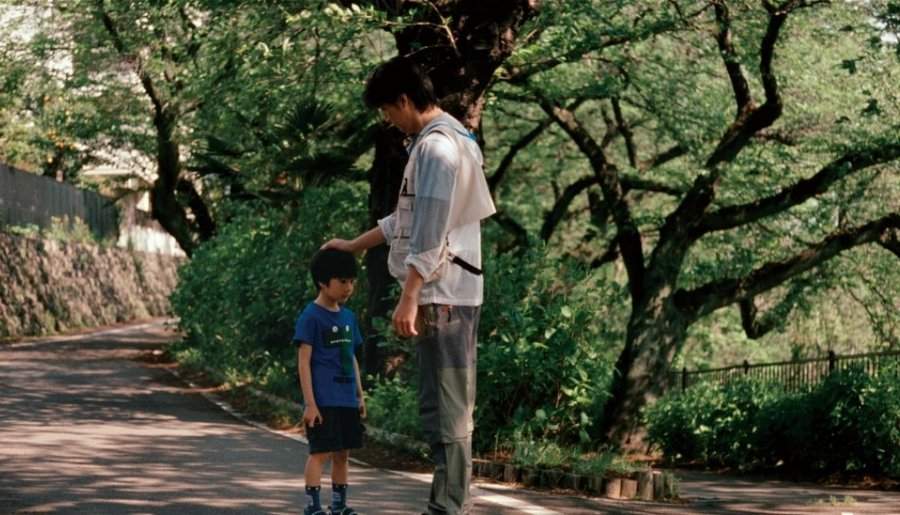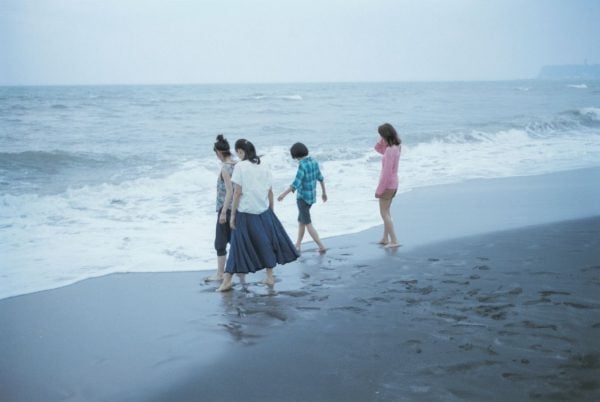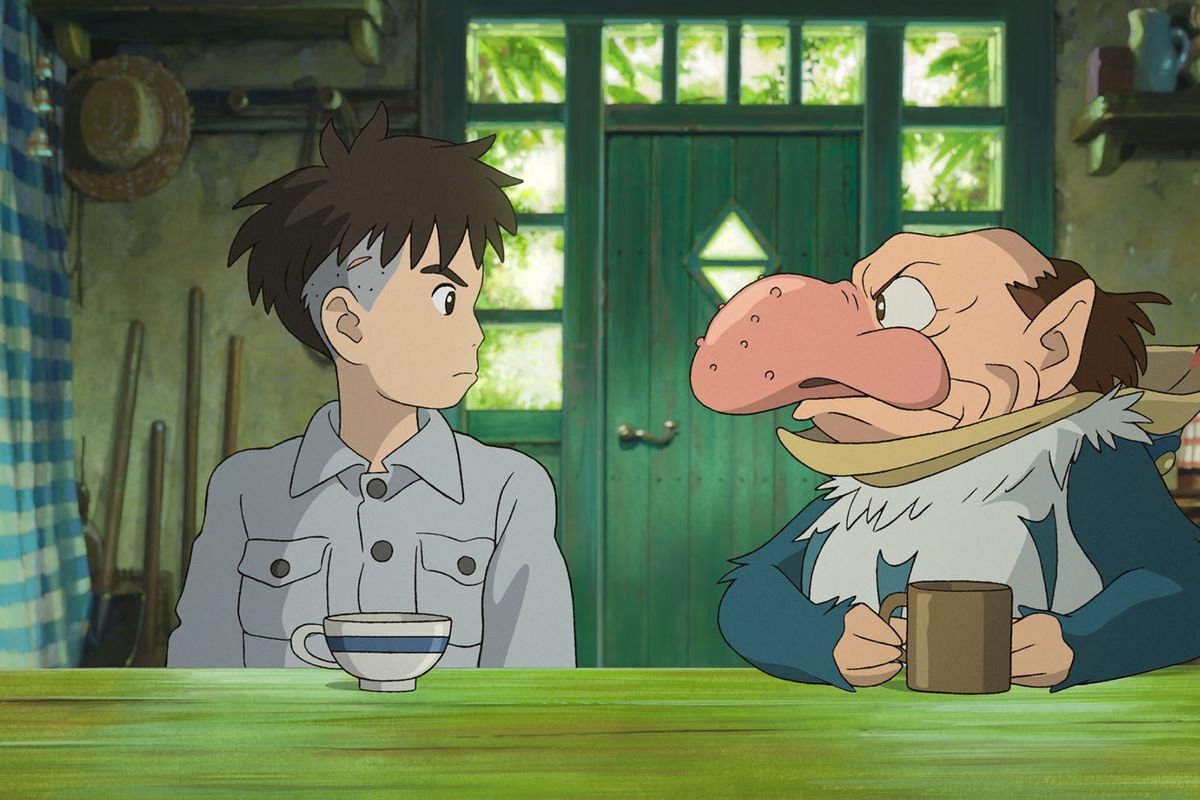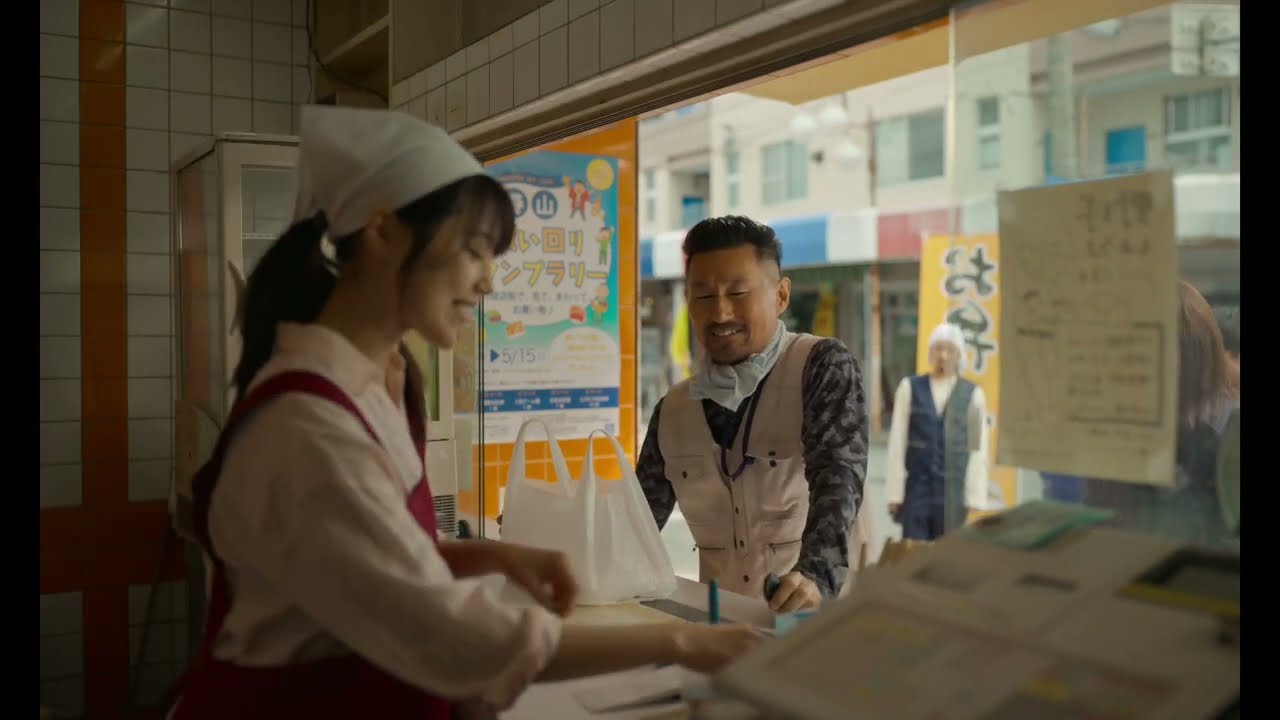Koreeda's troubled childhood often serves as the inspiration for his poignant Japanese dramas that deal with loss, the meaning of being a child, and of being parent. In Like Father, Like Son, Ryota Nonomiya (Masaharu Fukuyama), a hard-working architect, who is married to his work, comes home from work. He receives a call from the hospital where his son Keita was born and learns that he was switched at birth with their biological son Ryūsei. His wife and him are not only faced with the prospect of having to switch the two six-year-olds back, but also with the rickety family his 'real' son grew up in—and his aversion to what they stand for. But who is real and who isn't? Must they be switched back? The age-old question of nature vs. nurture and the relationship of love and biology is at the heart of the parent's struggle. As always with Koreeda's works, the result is soft-spoken, sensitive, and symphonically directed. Winner of the Jury Prize at Cannes.
Genre: Drama, Family
Actor: Arata Iura, Hana Kino, Hiroshi Ôkôchi, Ichirō Ogura, Isao Natsuyagi, Jun Fubuki, Jun Kunimura, Kazuaki Shimizu, Kazuya Takahashi, Keiji Nakazawa, Keita Ninomiya, Ken Ochiai, Kirin Kiki, Kōichi Kitamura, Lily Franky, Machiko Ono, Maki Yoko, Masaharu Fukuyama, Megumi Morisaki, Meguri Hiroo, Natsuki Inaba, Pierre Taki, Rina Endou, Sasaki Masakazu, Shogen Hwang, Tetsushi Tanaka, Tomomitsu Adachi, Tomoya Nakamura, Yamamoto Shuri, Yo Yoshida, Yoh Yoshida, Yôko Maki, Yuji Yoshimasu, Yujiro Komura, Yuri Nakamura, 福山雅治
Director: Hirokazu Kore-eda, Hirokazu Koreeda
Rating: Not Rated





